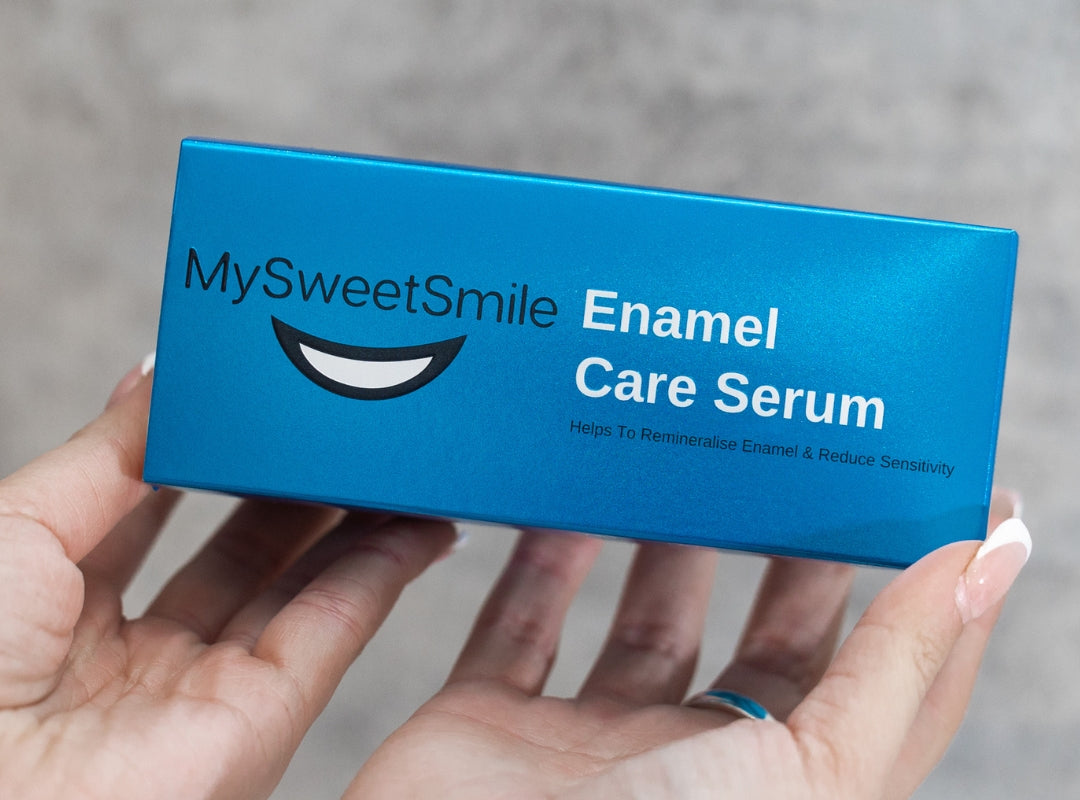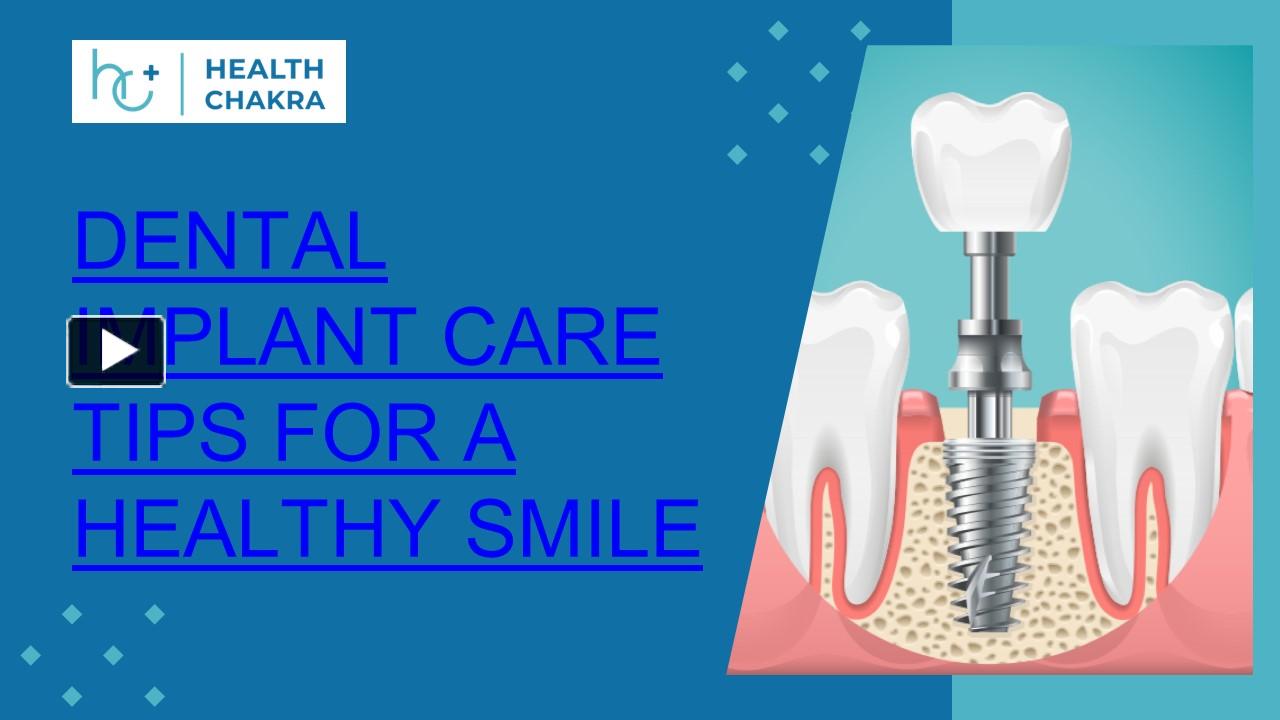8 Enamel Care Secrets For A Healthier Smile

The importance of enamel care cannot be overstated, as it plays a crucial role in maintaining the overall health and appearance of our teeth. Enamel, the hard, outer layer of the teeth, acts as a barrier against decay, sensitivity, and discoloration. However, it can be susceptible to wear and tear, erosion, and damage from various factors, including diet, hygiene habits, and lifestyle choices. In this comprehensive guide, we will delve into the world of enamel care, exploring the latest research, expert insights, and practical tips to help you achieve a healthier, more radiant smile.
Understanding Enamel Erosion
Before we dive into the secrets of enamel care, it’s essential to understand the concept of enamel erosion. Enamel erosion refers to the gradual wearing away of the enamel layer, often caused by acid attacks from dietary sources, such as citrus fruits, soda, and sports drinks. Other factors, like tooth grinding, brushing too hard, and certain medical conditions, can also contribute to enamel erosion. Recognizing the signs of enamel erosion, such as sensitivity, discoloration, and rough textures, is vital for taking proactive measures to prevent further damage.
Secret 1: Choose the Right Toothpaste
Selecting the right toothpaste is crucial for enamel care. Look for a toothpaste that contains fluoride, as it helps strengthen tooth enamel and prevent decay. Additionally, opt for a toothpaste with a mild abrasive formula, as it will help remove plaque and surface stains without damaging the enamel. Some toothpastes also contain ingredients like nano-hydroxyapatite, which can help repair and remineralize tooth enamel.
Secret 2: Practice Gentle Brushing Techniques
Brushing your teeth is an essential part of oral hygiene, but it’s equally important to do it gently. Using a soft-bristled toothbrush and a gentle touch can help prevent enamel wear and tear. Avoid brushing too hard, as it can cause micro-scratches on the enamel surface, making it more susceptible to decay and sensitivity. Instead, use a gentle circular motion, focusing on one area at a time, and avoid using excessive force.
Secret 3: Limit Acidic Foods and Drinks
Acidic foods and drinks can be detrimental to enamel health, as they can erode the enamel layer over time. Limit your consumption of citrus fruits, soda, sports drinks, and other acidic beverages. If you do consume these items, be sure to rinse your mouth with water afterwards to help neutralize the acid. You can also try using a straw when drinking acidic beverages to reduce contact with your teeth.
Secret 4: Stay Hydrated
Drinking plenty of water is essential for overall health, including oral health. Staying hydrated helps rinse away bacteria, food particles, and acids that can damage tooth enamel. Additionally, water contains minerals like calcium and phosphate, which can help remineralize and strengthen tooth enamel. Aim to drink at least eight glasses of water a day, and consider sipping on water throughout the day to keep your mouth moist and clean.
Secret 5: Avoid Grinding and Clenching
Tooth grinding and clenching can put excessive pressure on the teeth, causing enamel wear and tear. If you grind or clench your teeth, consider wearing a mouthguard at night to protect your teeth from further damage. You can also try practicing relaxation techniques, such as deep breathing, meditation, or yoga, to help reduce stress and anxiety that may contribute to grinding and clenching.
Secret 6: Visit Your Dentist Regularly
Regular dental check-ups are crucial for maintaining good oral health and catching any potential issues early on. Your dentist can help identify signs of enamel erosion, decay, or other problems, and provide personalized advice on how to improve your enamel care routine. Be sure to schedule regular cleanings, exams, and X-rays to stay on top of your oral health.
Secret 7: Use a Desensitizing Toothpaste
If you experience sensitivity due to enamel erosion or other factors, consider using a desensitizing toothpaste. These toothpastes contain ingredients like potassium nitrate or strontium chloride, which can help block the dentinal tubules and reduce sensitivity. Look for a toothpaste that is specifically designed for sensitive teeth, and follow the instructions carefully to ensure optimal results.
Secret 8: Try Oil Pulling
Oil pulling is an ancient Ayurvedic practice that involves swishing oil in your mouth to remove bacteria, reduce inflammation, and promote oral health. Some studies suggest that oil pulling can help reduce Streptococcus mutans, a bacteria that contributes to tooth decay and enamel erosion. Use a high-quality oil like coconut or sesame oil, and swish it around your mouth for 10-15 minutes before spitting it out and rinsing with water.
Implementing Enamel Care into Your Daily Routine

Incorporating these enamel care secrets into your daily routine can seem daunting, but with a few simple tweaks, you can make a significant impact on your oral health. Start by replacing your current toothpaste with a fluoride-rich, gentle formula, and practice gentle brushing techniques. Limit your consumption of acidic foods and drinks, and stay hydrated by drinking plenty of water throughout the day. If you grind or clench your teeth, consider wearing a mouthguard at night, and visit your dentist regularly for check-ups and cleanings. By following these simple tips and secrets, you can help keep your enamel strong, healthy, and resilient, ensuring a brighter, more radiant smile for years to come.
FAQ Section

What are the primary causes of enamel erosion?
+The primary causes of enamel erosion include acid attacks from dietary sources, tooth grinding, brushing too hard, and certain medical conditions. Recognizing the signs of enamel erosion, such as sensitivity, discoloration, and rough textures, is vital for taking proactive measures to prevent further damage.
Can enamel erosion be reversed?
+While enamel erosion cannot be completely reversed, there are steps you can take to prevent further damage and promote enamel remineralization. Using a fluoride-rich toothpaste, practicing gentle brushing techniques, and limiting acidic foods and drinks can all help strengthen and protect your tooth enamel.
How often should I visit my dentist for enamel care?
+Regular dental check-ups are crucial for maintaining good oral health and catching any potential issues early on. Visit your dentist at least twice a year for routine cleanings, exams, and X-rays. If you experience sensitivity, pain, or other oral health concerns, schedule an appointment as soon as possible to address the issue.
Can I use a desensitizing toothpaste for enamel erosion?
+Yes, desensitizing toothpastes can be effective in reducing sensitivity caused by enamel erosion. Look for a toothpaste that contains ingredients like potassium nitrate or strontium chloride, and follow the instructions carefully to ensure optimal results.
How can I prevent enamel erosion from acidic foods and drinks?
+Limit your consumption of acidic foods and drinks, and try to rinse your mouth with water after consuming these items. You can also use a straw when drinking acidic beverages to reduce contact with your teeth. Additionally, consider using a fluoride-rich mouthwash to help strengthen and protect your tooth enamel.
Can oil pulling help with enamel erosion?
+Some studies suggest that oil pulling can help reduce Streptococcus mutans, a bacteria that contributes to tooth decay and enamel erosion. Use a high-quality oil like coconut or sesame oil, and swish it around your mouth for 10-15 minutes before spitting it out and rinsing with water.
By following these enamel care secrets and implementing them into your daily routine, you can help maintain a healthy, radiant smile for years to come. Remember to stay hydrated, practice gentle brushing techniques, and limit acidic foods and drinks to prevent enamel erosion and promote overall oral health. With the right approach and a little bit of effort, you can keep your tooth enamel strong, resilient, and protected against the everyday challenges that can damage it.


